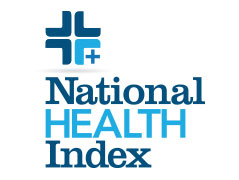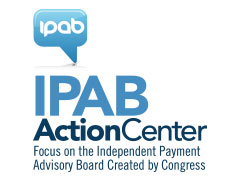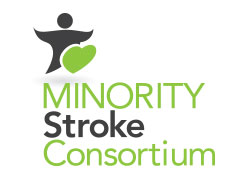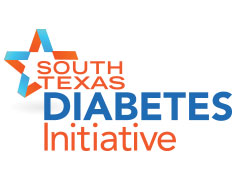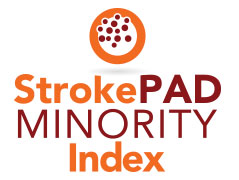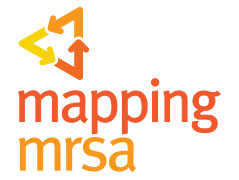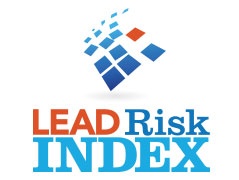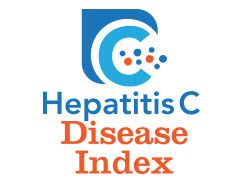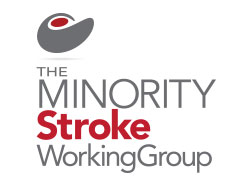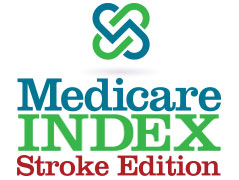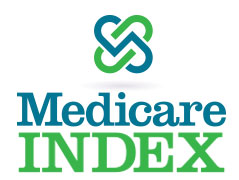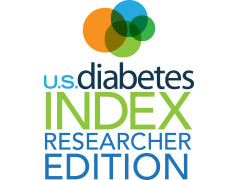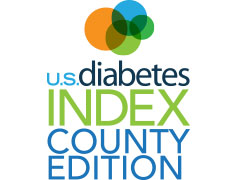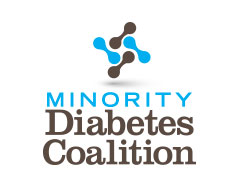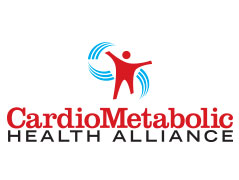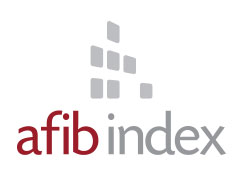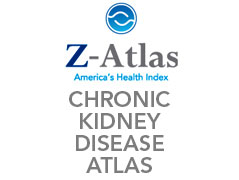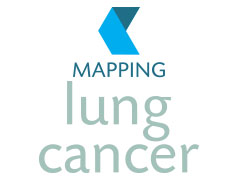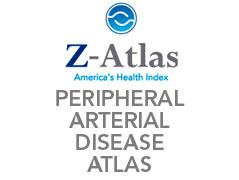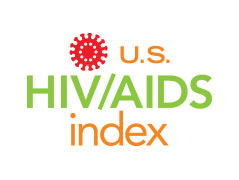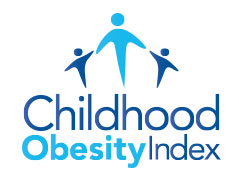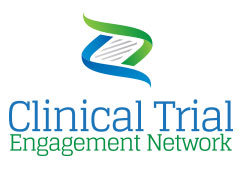Press Release
Experts Join Forces to Improve Care for People with Type 2 Diabetes, Cardiovascular Disease
CardioMetabolic Health Alliance to address high-risk groups and the need for more effective, coordinated care
BOSTON, October 4, 2012 – An estimated 47 million people in the U.S. are living with cardiometabolic disorders, putting them at an increased risk of developing heart disease or type 2 diabetes. To underscore the importance of prevention, members from the American College of Cardiology (ACC), the National Minority Quality Forum (the Forum), and the American Association of Clinical Endocrinologists (AACE) will meet for the first time at the Cardiometabolic Health Congress in Boston (October 10-13) to discuss ways to improve cardiometabolic risk factor control in diverse populations and to provide more effective and coordinated care for people with cardiometabolic disorders. Cardiometabolic disorders represent a cluster of interrelated risk factors including high blood pressure, elevated fasting blood sugar, dyslipidemia, abdominal obesity (waist circumference) and elevated triglycerides.
“Prevention is an underutilized strategy,” said ACC President William Zoghbi, M.D., FACC. “Cardiovascular risk assessment and intervention among people with type 2 diabetes has never been more imperative than it is right now. Type 2 diabetes affects almost one in 10 U.S. adults and approximately 230 million people worldwide.”
The main cause for morbidity and mortality in this high-risk population is coronary artery disease (CAD). There is a two- to four-fold increased risk for CAD and its complications compared with the non-diabetic population, accounting for up to 75 percent of diabetes-related deaths.
Members of the CardioMetabolic Health Alliance (CMHA), with collaboration from the Association of Black Cardiologists (ABC), will have access to multiple databases including the combined power of ACC’s clinical outcomes registries, PINNACLE and National Cardiovascular Data Registry (NCDR); and the Forum’s National Health Index, a healthcare database comprised of over 800 million patient records linking medical, demographic, environmental, claims, clinical-laboratory, and other data elements into a centralized data warehouse, linked by zip code. NCDR provides the tools to quantify and understand disease interaction, including simultaneous cardiovascular and diabetes disease progression, among real world populations. The Forum’s National Health Index database is a versatile, comprehensive, web-based resource that offers the unique opportunity to visualize disease and health status in any community.

